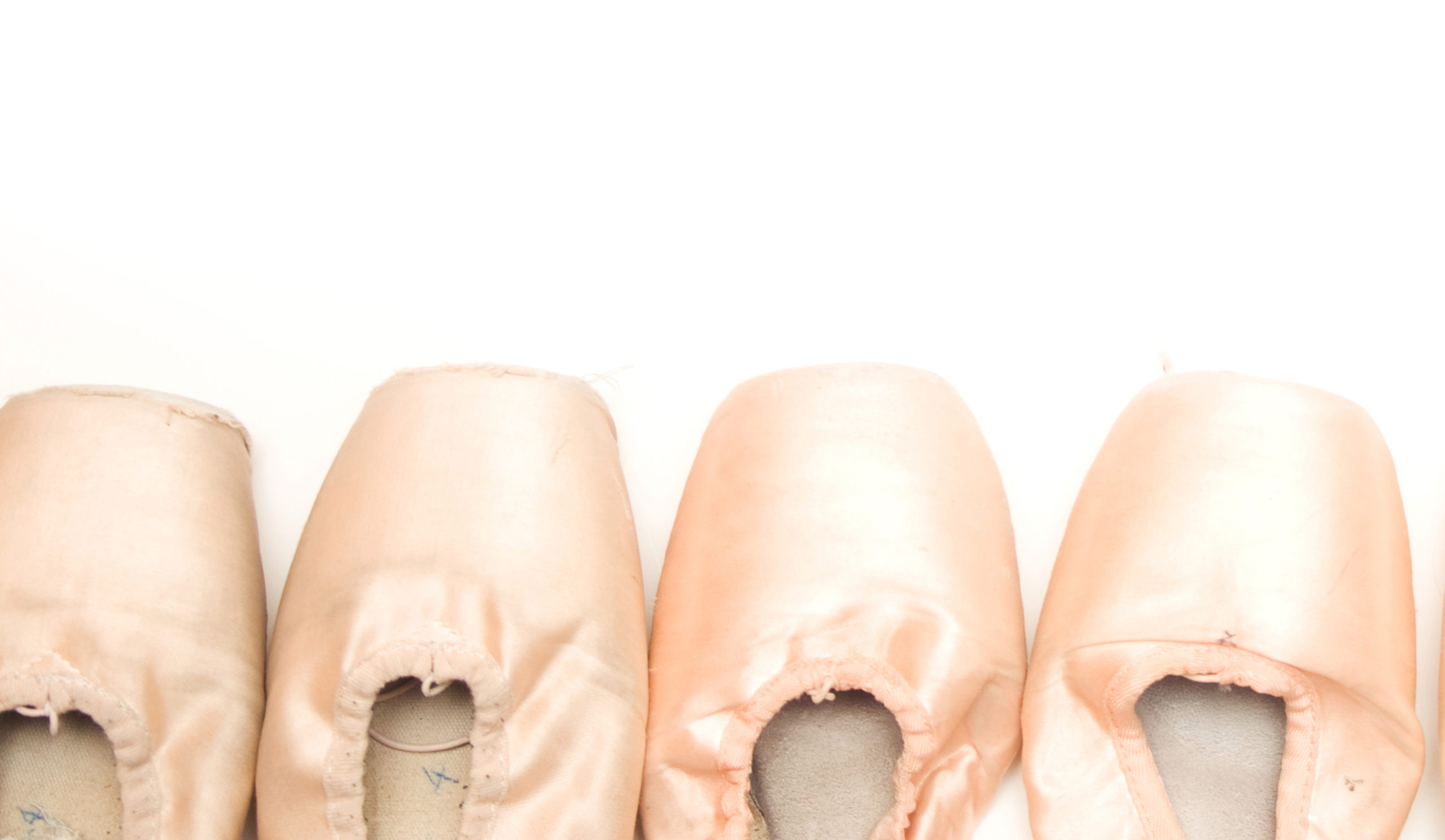Whitney Jensen On Why Taking A Break Was Pivotal to Her Career
made a surprising move in 2015 when she left her principal contract at Boston Ballet without plans to join a new company. Some feared she would quit dancing. Instead, Jensen, now 24, took time to reflect on her next move. In February, she signed on as a dancer with Norwegian National Ballet, where she’ll perform the lead in Balanchine’s Theme and Variations on October 29. Pointe caught up with her to talk about her career move and how she’s adjusting to life in Oslo.
Whitney Jensen for Dance Spirit. Photo by Jayme Thornton.
You were in Boston Ballet for six years, your last season as a principal dancer. Why did you decide to leave?
A little bit before my last year there, I started having these feelings of “what’s next?” We join companies with a goal to succeed and to get promoted, and then when you become a principal you’re like, how do I maintain this growth? I think it’s important to always feel like you’re progressing. I was 17 when I joined Boston Ballet, so that’s all I knew. I loved the company and the people there. But I felt it was time for me to take a breather and reflect on what I wanted and how I can progress in my own way—and not measure roles or promotions as success. So I left, without a job or a plan.
What did you do next?
I went home to Utah. I was teaching a little bit, taking class, giving myself class. But after about a month I realized that I wasn’t in the right place to progress in the way I needed. My dad said, “You’re young, take your time, you don’t have to have everything figured out.” That was a really important lesson. As dancers, everything’s kind of mapped out for us—your schedule for the day is listed, you learn this ballet, you tour there, you go to galas. There’s no “what are you going to do yourself?”
So I moved to New York for about 6 months. I took singing and acting lessons, I took ballet every single day, and I rented space after class to work on my own. I had some guestings lined up, so I would rehearse, or work on variations or improv, just to feel like I was moving.
What was it like to be on your own?
In a company you don’t physically have a choice—you go to work and do your job. But when you don’t have a job or a schedule, you have to be like, okay, this is what I need to do. It requires a lot more perseverance. But I was confident that whatever happened was meant to be and would work out. I learned so much. After about six months, I felt ready to be in a company again.
How did you land the job at Norwegian National Ballet?
I reached out to my friend Osiel Gouneo, who dances at Norwegian National, and he encouraged me to contact the director, Ingrid Lorentzen. I had inquired about auditioning there a few years ago, but they didn’t have any openings—I figured they wouldn’t this time, either. But within two days Ingrid responded and said, “When can you start?” So it really fell into place. I got my paperwork together and joined in February.
I’m so happy to get the opportunity to dance this ballet. I’ve wanted to for a long time! Lots of work to do but I’m enjoying it! #itscoming #balanchine #themeandvariations #repost @garrettsmithchoreography @operaen_
A video posted by Whitney Jensen (@whitneybugs) onOct 6, 2016 at 9:57am PDT
What’s the company like?
One of the coolest things is the diversity of the dancers. We’re on contract until we’re 40, so we have older and younger dancers, as well as some amazing contemporary artists. The repertoire is also super diverse. This season we’re doing a Paul Lightfoot/Sol León program, a Balanchine triple bill, a new Nutcracker, Alexander Eckman’s A Swan Lake, Liam Scarlett’s Carmen and Nureyev’s Don Quixote. In Boston, it sometimes felt like we were separated into contemporary dancers and classical dancers. I always thought I could do both, but felt like I was put more in the contemporary box. In Norway, I’m more viewed as a classical dancer. But they see that I can do both, which is kind of nice.
How do you like living in Norway?
Oslo is really clean and beautiful, especially in the summer—I’ve never seen anything quite like it. It has the midnight sun, which is gorgeous. (I haven’t experienced the winter yet, which I’m a little nervous about.) It’s a quieter, more reserved city, which I’m still adjusting to. Especially coming from Boston Ballet, where we would all hang out together outside work. In Europe, it feels like there’s more of a work/life separation. It forces me to be more outgoing, though, so I still feel a sense of family. I also go to church here, which provides friends and community, as well. And my brother is moving to Paris to go to school, so I’ll be able to visit him.
For more news on all things ballet, don’t miss a single issue.





